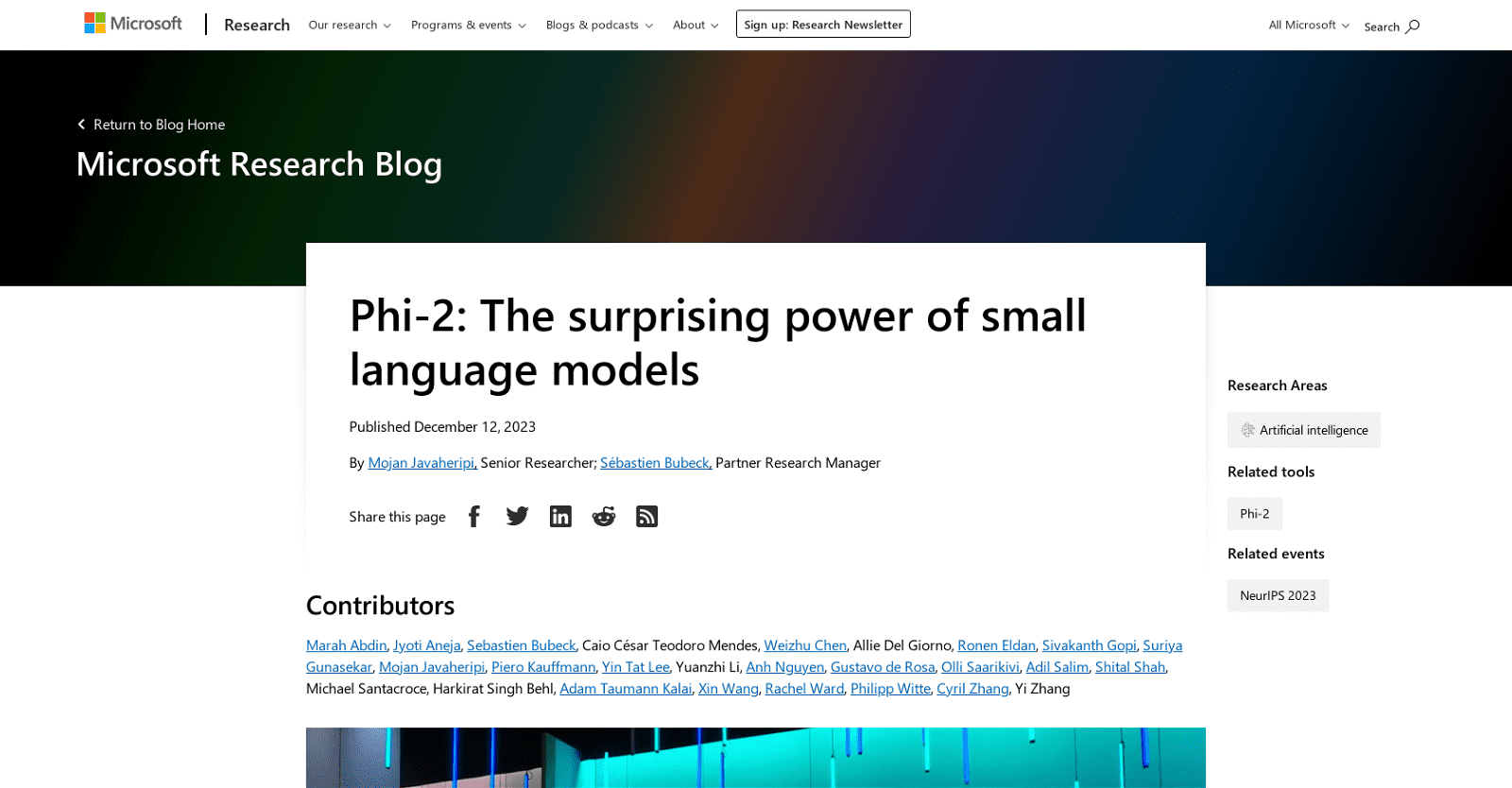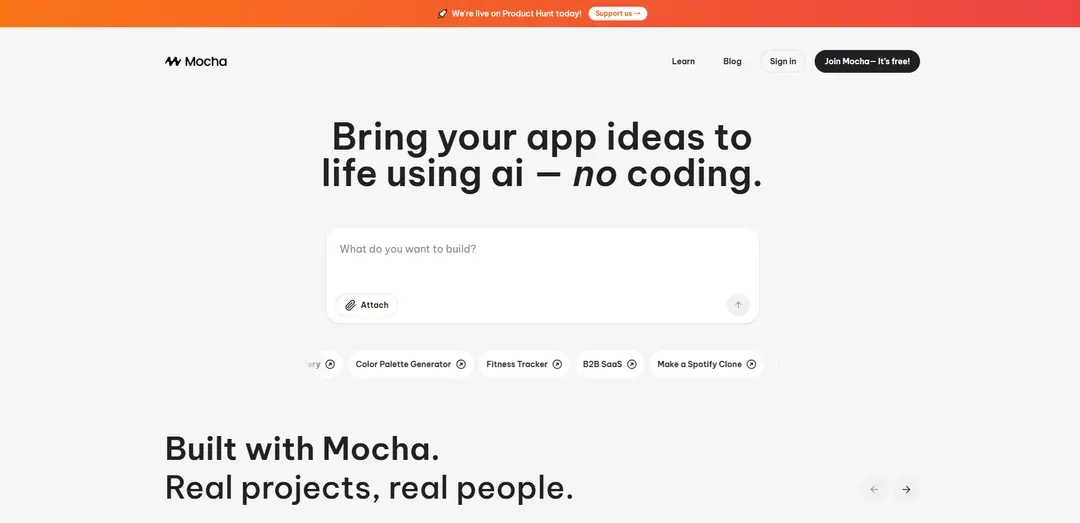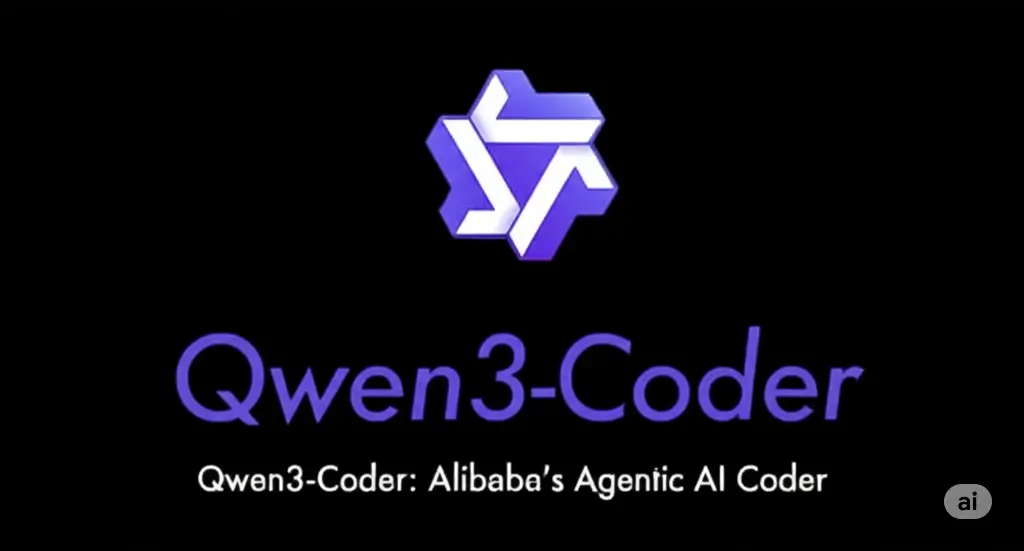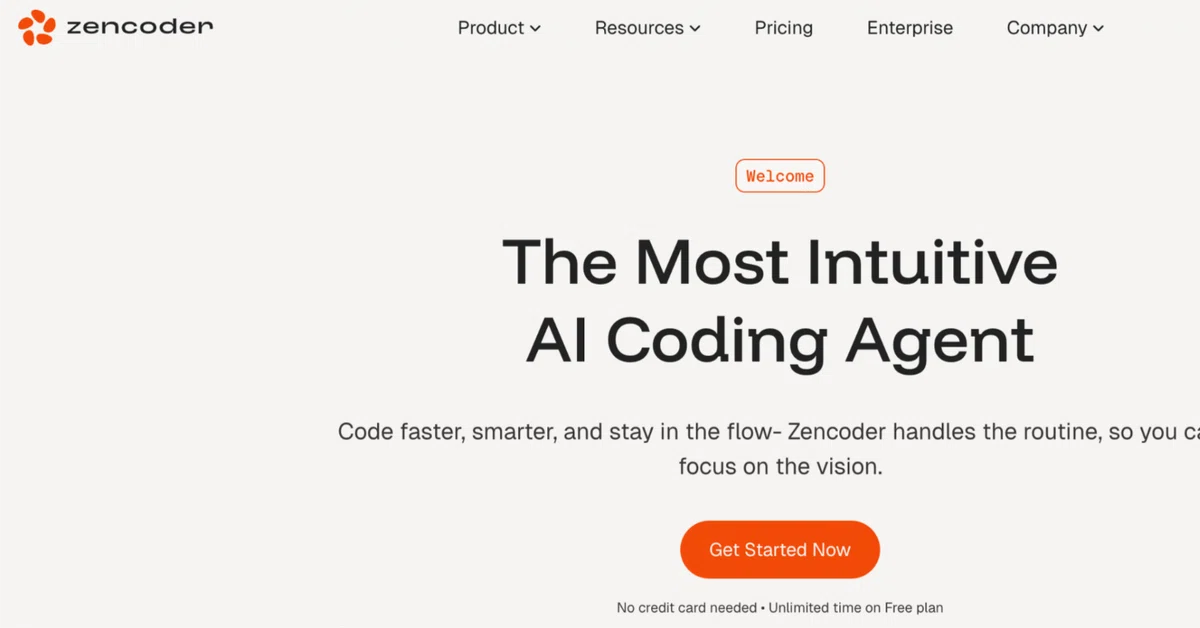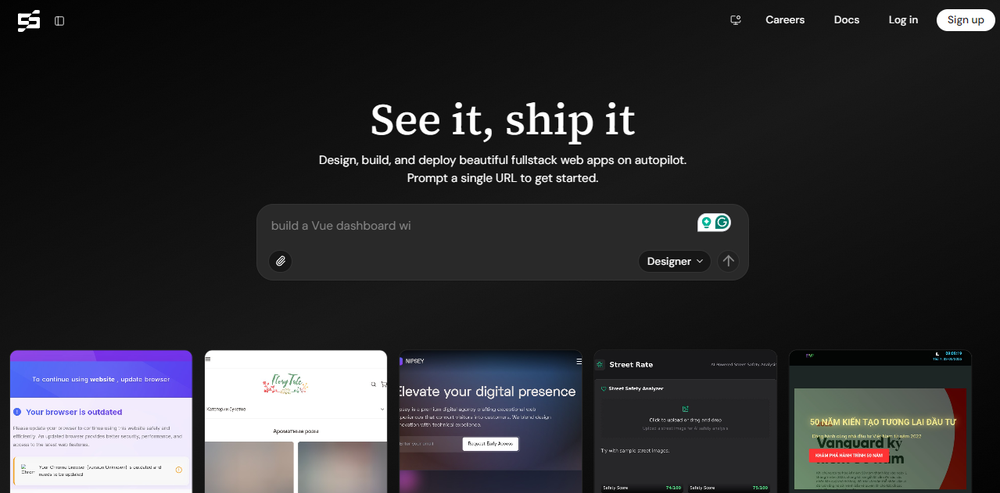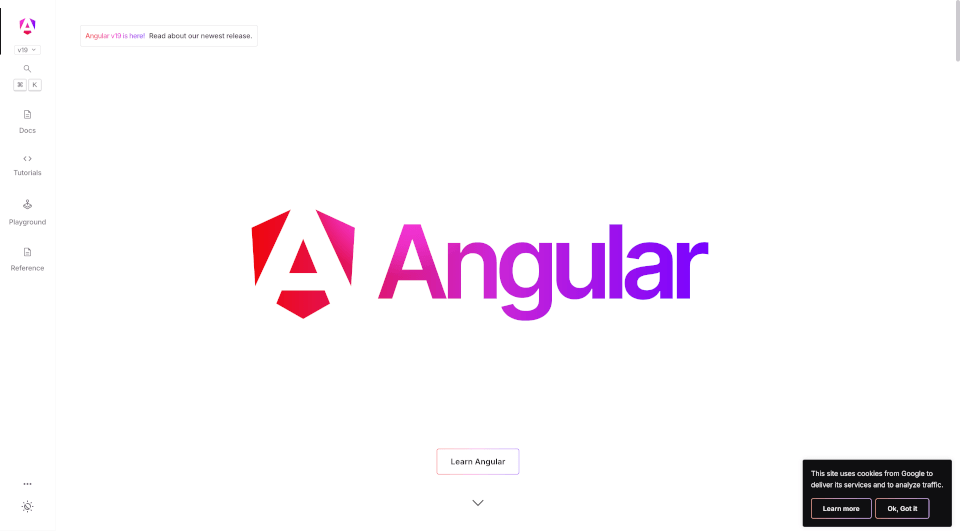Phi-2, developed by Microsoft Research and accessible on the Azure model catalog, is a compact language model that capitalizes on recent advancements in model scaling and training data curation. Its smaller scale and innovative design make it particularly well-suited for tasks requiring detailed mechanistic interpretability.
Thanks to its compressed nature, Phi-2 is adept at probing intricate facets of AI interpretability and refining performance across various experimental tasks. Despite its compact size, the model packs significant power, offering versatility in AI exploration.
This balance between size and strength defines Phi-2’s innovative design, making it an optimal choice for conducting safety improvements and fine-tuning tasks in AI research and application development.
More details about Phi-2 by Microsoft
How does Phi-2 contribute to safety improvements?
Phi-2 contributes to safety advances in AI research and applications by enabling safe experimentation and customization through its innovative design and lower scale.
Can I use Phi-2 for AI exploration?
Without a doubt, Phi-2 is a flexible tool that may be utilized for AI exploration, providing chances to improve performance on a range of jobs.
What experimental tasks can Phi-2 fine-tune?
Phi-2 can be utilized to optimize many experimental tasks, achieving record-breaking results on certain benchmarks.
What is the innovative design of Phi-2?
Phi-2’s creative design is based on its careful selection of training data and integration of the most recent developments in model scaling. Because of its small size and high power, it is a useful tool for research and experimentation on AI interpretability.
